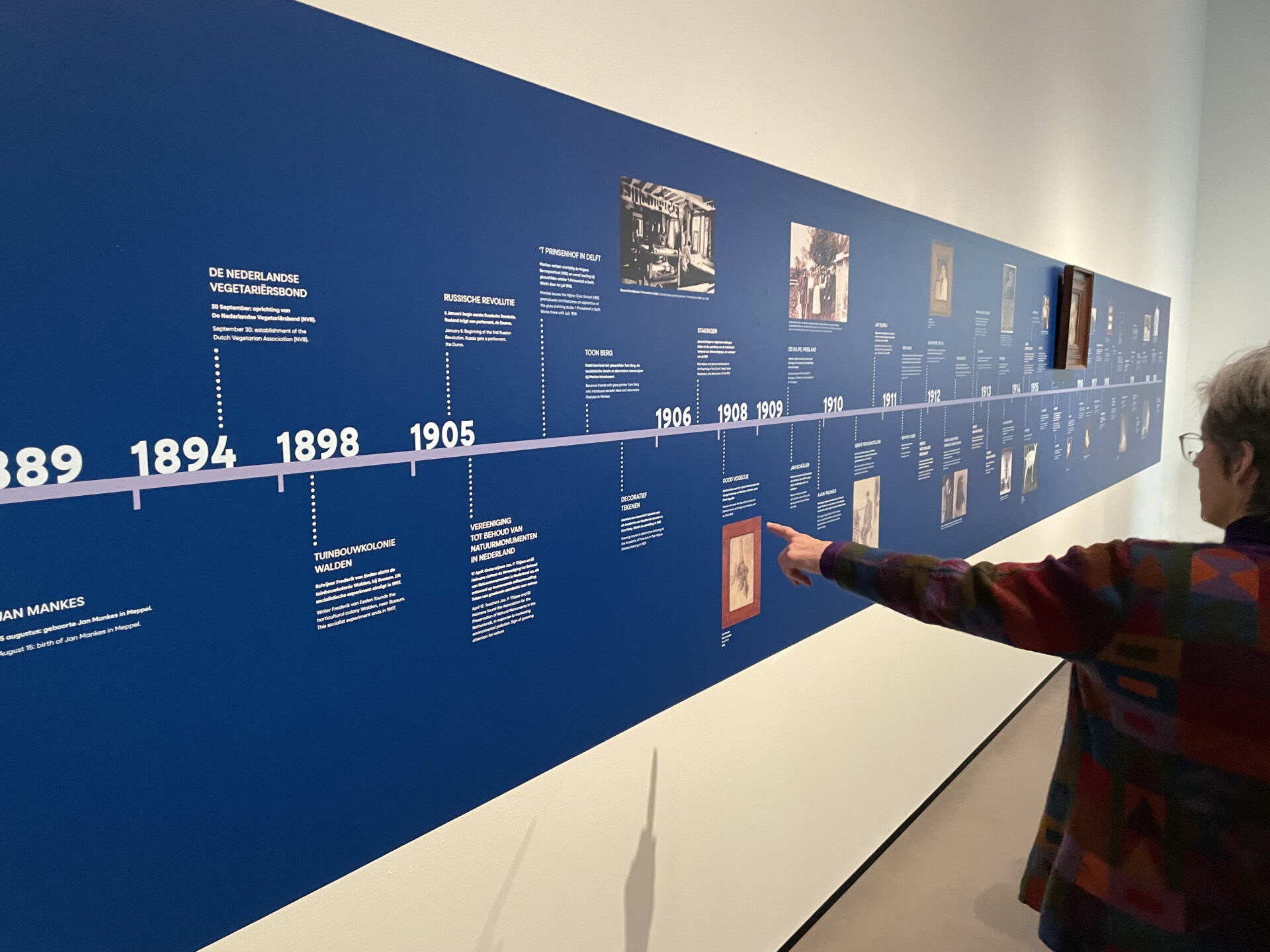I’m sure you have vivid memories of what you did yesterday, even if it was “just a normal day”. Wouldn’t it be great if history could be just as immediate, so that you felt like you knew everything that was important? A sort of blow-by-blow account of thoughts and feelings of those who lived through day-to-day events or that special occasion in their lives. What can really help us feel like we were there is a well thought through timeline in which the gaps can be reconstructed with some degree of accuracy. Want to improve your timeline? I often do this exercise my brain limbered up to fill in the missing pieces in the jigsaw of time.
Write down a list of what you did yesterday. From the moment you woke up to the moment you fell asleep again you can probably still remember most things in detail. Usually, it’s enough to do a morning or afternoon, just so that you have a list of 8-10 moments you can remember clearly.
Most likely you have written them one beneath the other like a timetable, but if yours looks different, that doesn’t matter. Now take the list and block out a whole area in the middle of your timeline with something you can’t see through, you could use a piece of paper or your fingers. There are still events in the area you now cannot see, but it’s like records are missing for that part of your day which resembles information ‘lost’ to history.
Look at the last entry you made before the hidden section, and the first entry beneath it. Depending on the time frame, there might be a multitude of things that could have happened or just the one thing you actually did. Examine the string of events before or after the block. Is there some kind of logic which dictates the activity in the blocked off area? For example, if a series read 18:30 checked recipe 18:45 started cooking 19:10 ate dinner but then was blocked, you could assume that around 19:30 “tidied up plates” would be the blocked entry.
Using a timeline to help reconstruct history works the same, especially if, like me, your curiosity about events leads you to want more details. I easily got disillusioned by the size of the gaps, these were sometimes months, even years. The daily working of life between the facts had been lost. Even a diary rarely mentions every moment in a day.
Then I thought about my example above. Events, perhaps even important ones, did occur between the facts I knew, it’s just that they were obscured. When, in a recent case I am writing about, a death happened, the facts were obvious – a death certificate and a funeral reported in the newspaper. But when was the doctor called? Who got in touch with the relatives? When was the undertaker informed? And why was that firm chosen and not another one? Who arranged the church? All little details which add up to painting a vivid picture of the funeral itself.

